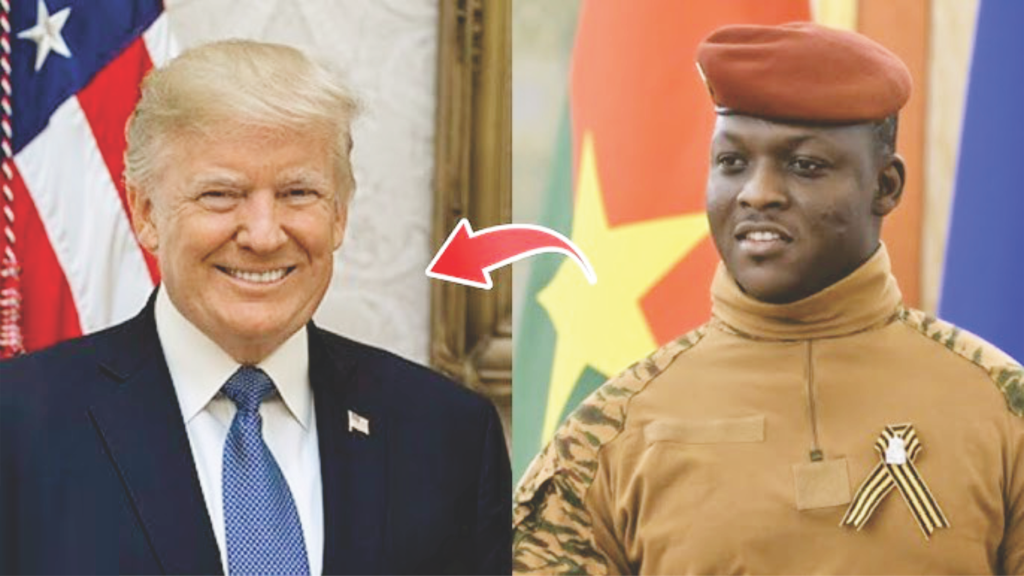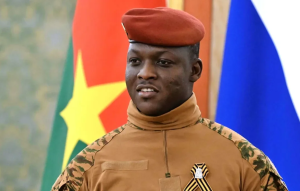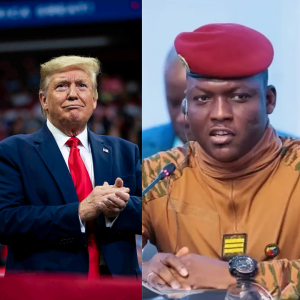Burkina Faso Stands Its Ground Against Deportee Deal: US Visa Freeze Sparks Diplomatic Tensions

In a move that has reignited debate over power, sovereignty and migration policy, Burkina Faso’s military government has openly rebuffed a request from Washington to accept deported nationals from the United States, branding the demand as an act of blackmail. The refusal has prompted the Trump administration to suspend visa services for Burkinabè citizens, escalating tensions between the two nations and adding a new layer to the broader US immigration crackdown.

At the heart of the dispute lies a long-standing US policy that pressures foreign governments to cooperate with deportation orders. The countries that fail to take back their nationals, Washington has often wielded visa restrictions as leverage. But Burkina Faso’s defiance came amid political upheaval, economic strain and a shifting global power dynamic. Turning what might have been a bureaucratic standoff into a matter of national pride.
In a statement issued from Ouagadougou, Burkina Faso’s Ministry of Foreign Affairs accused the United States of attempting to impose unfair demands on a sovereign nation and denounced the visa suspension as a coercive measure incompatible with mutual respect. The military-led government, which came to power after successive coups, framed the decision as a stand against neocolonial pressure. This is a message that resonates extremely in a country where anti-Western sentiment has been growing in recent years.
The ordinary Burkinabè families see the diplomatic quarrel carrying socio-advancement consequences. Students planning to study abroad, business owners seeking trade opportunities, and families with relatives in the US, now face uncertainty as visa appointments are frozen indefinitely.
In Washington’s perspective, the move aligns with a broader campaign by the Trump administration to tighten immigration controls and enforce deportation cooperation worldwide. The US State Department has not publicly detailed the number of deportees involved, but officials have suggested that Burkina Faso’s refusal to issue travel documents for its nationals violates international norms.
Analysts say the fallout could strain a relationship that has historically been shaped by security cooperation and development aid. The US has been a key partner in supporting Burkina Faso’s counterterrorism efforts in the Sahel. Now, the diplomatic rift risks the fragile collaboration.
Inside Burkina Faso, the government’s defiance has been celebrated in some quarters as an assertion of independence. Yet critics caution that the price of such posturing could be steep, especially for a landlocked nation heavily reliant on international aid and external partnerships.

As Washington’s visa suspension takes effect and the rhetoric on both sides hardens, the situation stresses a clear question confronting African nations today – in what way global power dynamics could be navigated without compromising dignity or development.
In the meantime, Burkinabés are awaiting the outcome of this diplomatic rift that blends politics, principle and personal advancement in equal measure.






